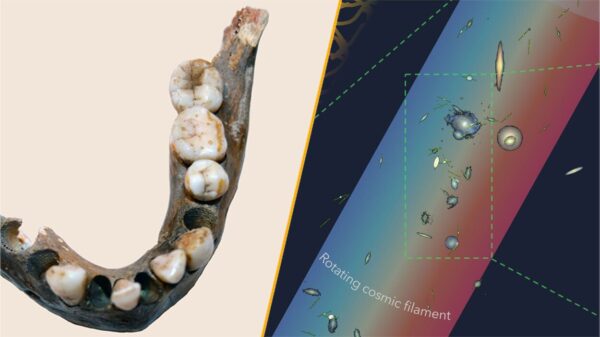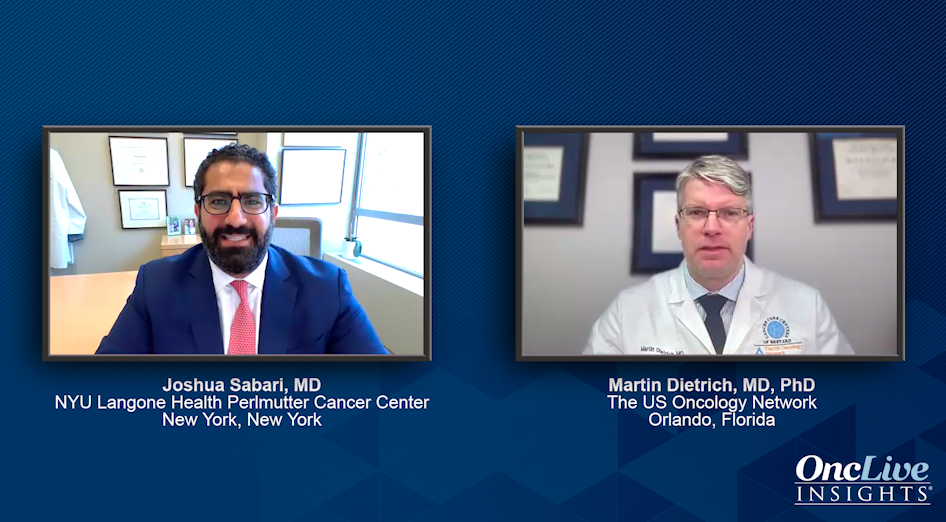A 73-year-old Asian female diagnosed with stage 4 non-small cell lung adenocarcinoma (NSCLC) is now facing challenging decisions regarding her treatment options. The patient has a specific genetic mutation, a HER2 exon 20 insertion, which is associated with an oncogenic signaling pathway that drives the disease. With no approved therapies targeting this mutation at the onset of treatment, she initially underwent standard chemotherapy.
In her first-line treatment, the patient received a regimen of carboplatin, pemetrexed, and pembrolizumab for four cycles, resulting in a noted response. Following this induction phase, she continued with maintenance therapy using pemetrexed and pembrolizumab, a common approach to sustain disease control post-chemotherapy. This course of treatment reflects the typical management strategy for patients with HER2 mutations prior to the emergence of targeted therapies.
Approximately three weeks after her last maintenance dose, the patient began experiencing concerning symptoms. These included a persistent cough and progressively worsening shortness of breath, which had developed over several months. Despite these respiratory issues, her vital signs remained stable, and she maintained an ECOG performance status of 1, indicating that her functional capacity was largely preserved. Her medical history is notable for hypertension and osteoporosis, which suggests she remains a viable candidate for further systemic therapy.
The clinical scenario indicates a likely progression of her disease while on chemotherapy and immunotherapy. Given this situation, there is an urgent need for evaluation of second-line treatment options. Recent advancements in therapies for HER2 mutations have introduced potential new avenues for this patient. Specifically, zongertinib and trastuzumab deruxtecan are emerging as promising candidates for targeted treatment.
As the landscape of lung cancer treatment continues to evolve, the patient’s case underscores the importance of personalized medicine. With the right targeted therapies, patients with HER2-mutated NSCLC may achieve better outcomes, paving the way for hopeful advancements in treatment strategies.





































































